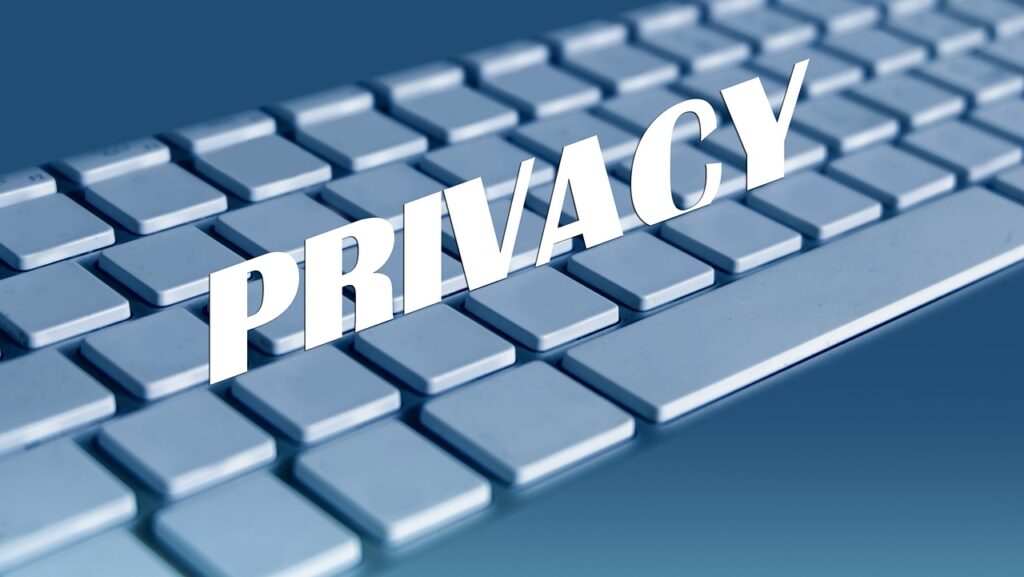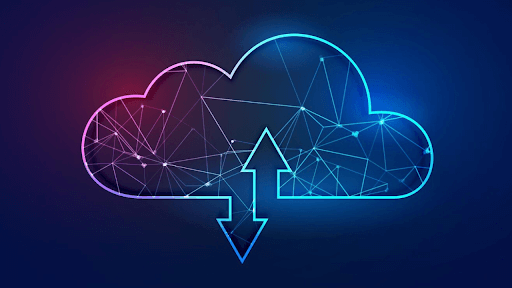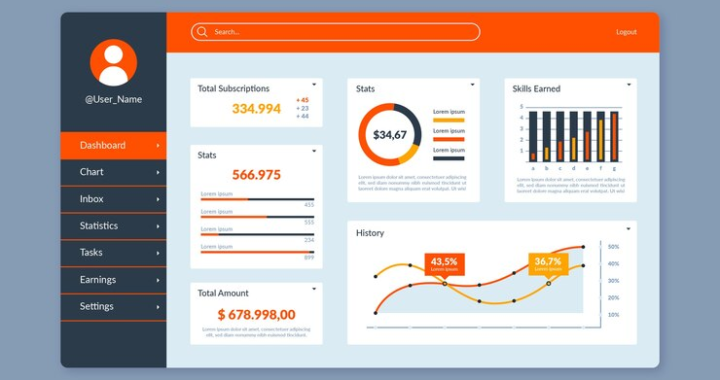Guidance Regarding the Protection of Private Information and Offshore Banking

Consumer preferences have changed dramatically due to the coronavirus epidemic in various businesses, and offshore banking is no exception. Many investors are turning to offshore banking due to political and economic uncertainty.
Offshore banking makes it simple to create and maintain an account online, making it a good option for anyone looking for a wealth management plan they can handle themselves. Certain offshore countries allow you to create an account and access it entirely over the Internet.
However, comfort often comes at a price. Accessing your account through the Internet, like many other online conveniences, exposes you to the risk of a data breach. Information might be exposed accidentally or as a result of a hacker’s operation, and banks – both offshore and onshore – are unfortunately often targeted by cybercriminals and hackers.
Here’s how to tell the difference between the onshore and offshore companies, which can help you comprehend the fundamentals of both.
So, what’s the big deal for investors here? Would you be able to assure that your money is secure if you were to deposit it in an offshore bank account?
We’ll go through how to invest securely offshore in this post.
It All Starts with You When It Comes to Offshore Banking Security
First and foremost, keep in mind that online offshore banking security begins with you. If you access your funds from an insecure device, you are putting yourself at risk of being inconvenienced.
To protect yourself against viruses and hackers, ensure you have a current antivirus application installed on every computer or mobile device you use for online banking. You should never use a public device or a public Wi-Fi network to access your offshore bank accounts.
Your personal information, as well as your money, would be at risk if you did so. You must maintain data security even if you’re accessing your account through your device and Internet connection. If you want to increase your security further, try a VPN.
When investing in offshore funds, the decision to create an offshore bank account will pay you in the long run in terms of ease and simplicity.
Pro Tip💡 GetEmail.io will assist you in find email addresses of the best IT management consultants and firms. It allows you to access the email addresses of the most prominent IT experts, banking agents, business partners, marketers, and information technology specialists! It also gives you 10 free credits to use as you see fit.
Check the Regulations of the Offshore Jurisdiction.
You may check with rules and compliance in certain offshore countries to determine whether banks are required or at least encouraged to remember information security. For example, the EU General Data Protection Regulation (GDPR), which imposes additional requirements on data processors, was welcomed with mixed reactions.
While some have criticized this rule, it is essential to remember while offshore banking since it might signal that your information is treated with more care. When looking at offshore countries, keeping information security in mind is essential. In this regard, not all offshore jurisdictions are created the same.
How does your bank safeguard your personal information?
Of course, you must think about how the bank handles information. Because not all banks handle your information the same way, you should do due diligence to learn about your bank’s data policies. On the other hand, an offshore bank could provide you with all the profits you’re looking for. It won’t be beneficial if your funds or personal information are at risk. When you’ve found the right bank in a privileged offshore banking jurisdiction, there are a few other things to consider securing your money and data.
First, see whether your offshore bank supports two-factor authentication. You may add a second layer of protection to your sign-in with two-factor verification. You will have to pass a second security test in addition to your password when logging in. This two-step verification is far more secure than a single-step confirmation.
Last Thoughts
A rising number of people are turning to offshore banking as a secure place to keep their money while reaping different perks, such as cheaper taxes and higher levels of security. While popular offshore countries might be a secure haven for your money and a sensible wealth management plan, you should always be cautious while banking online.
When banking offshore using an online input, you may protect the security of your information by following the recommendations and tactics outlined in this article.







